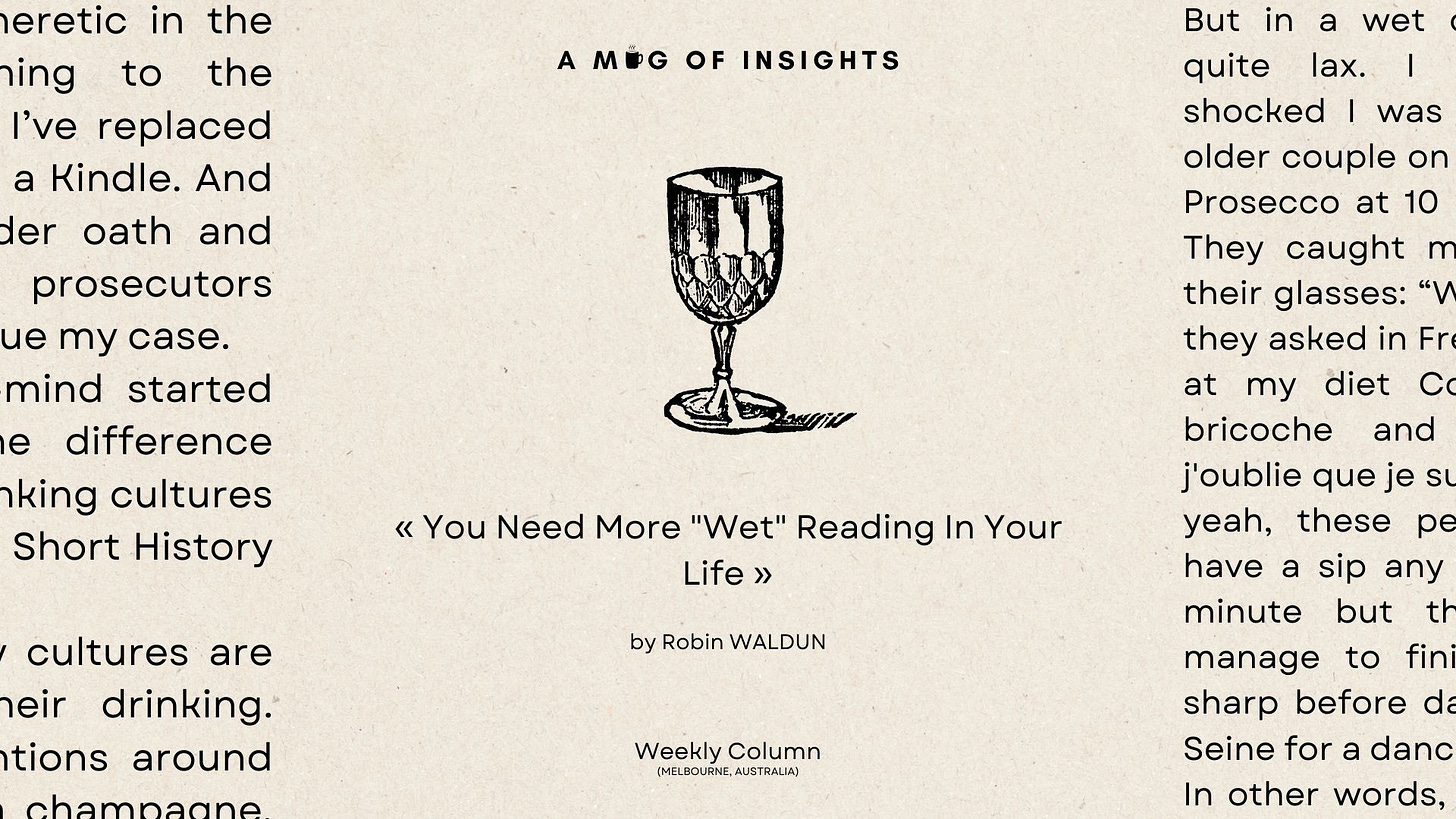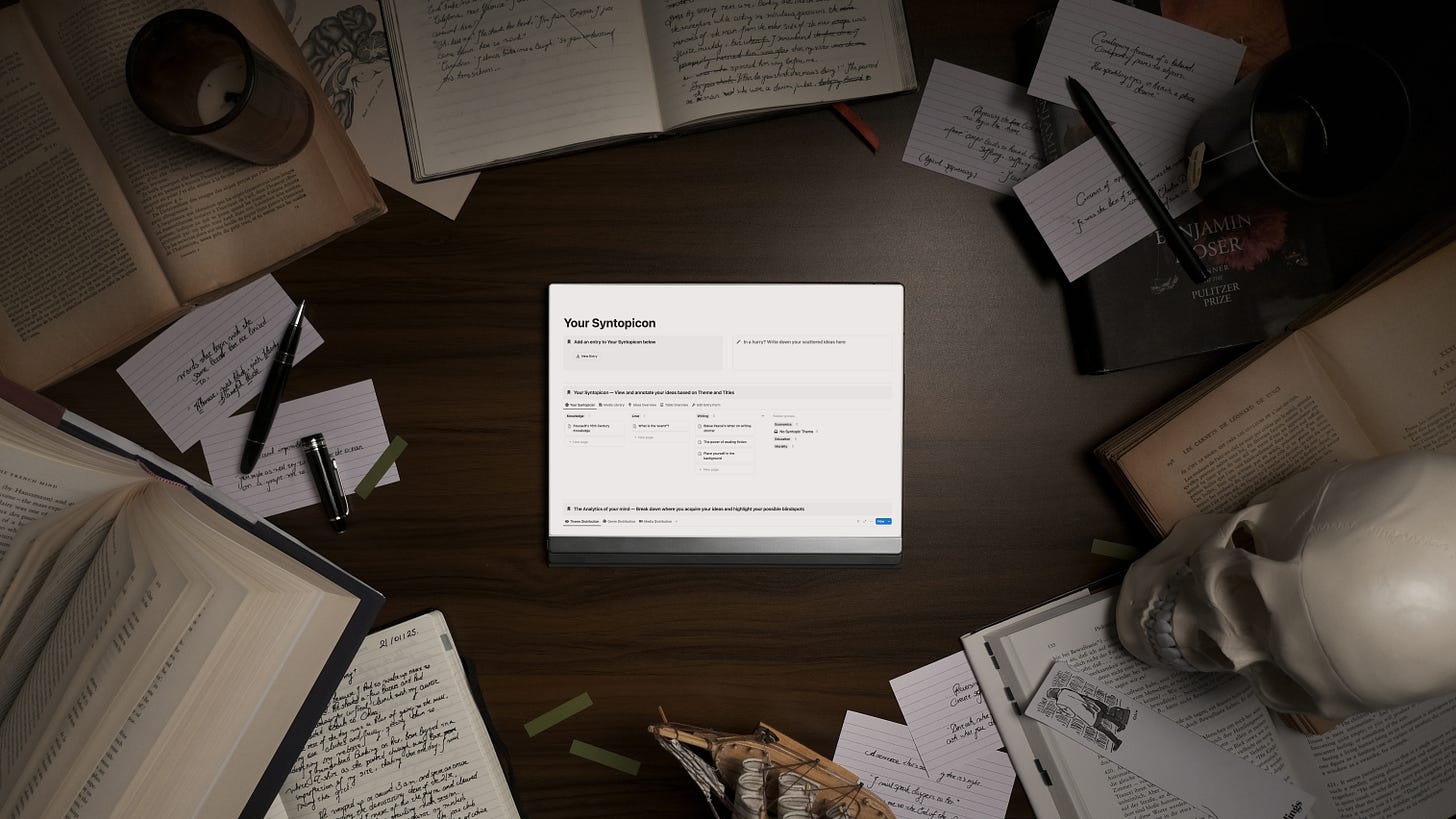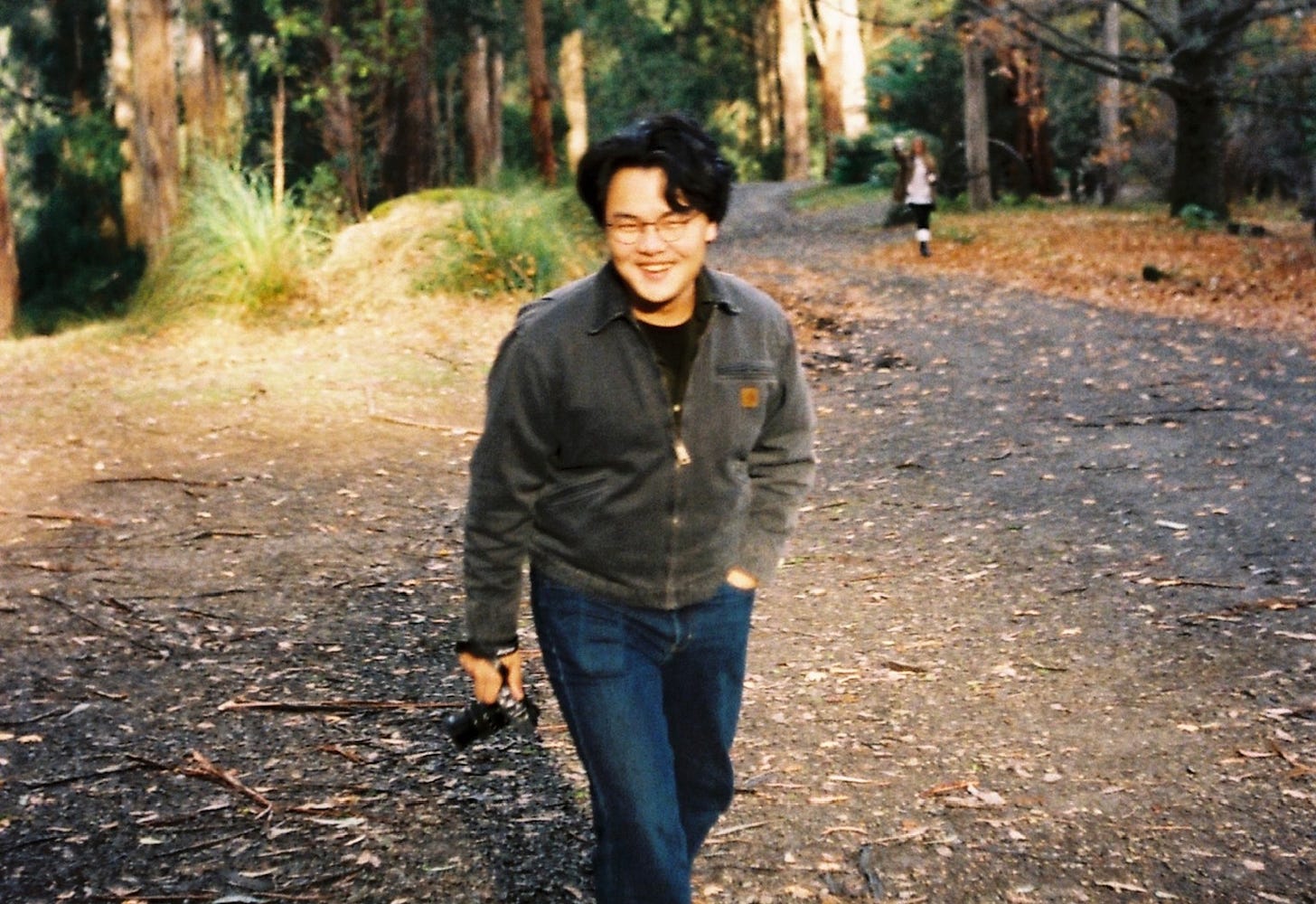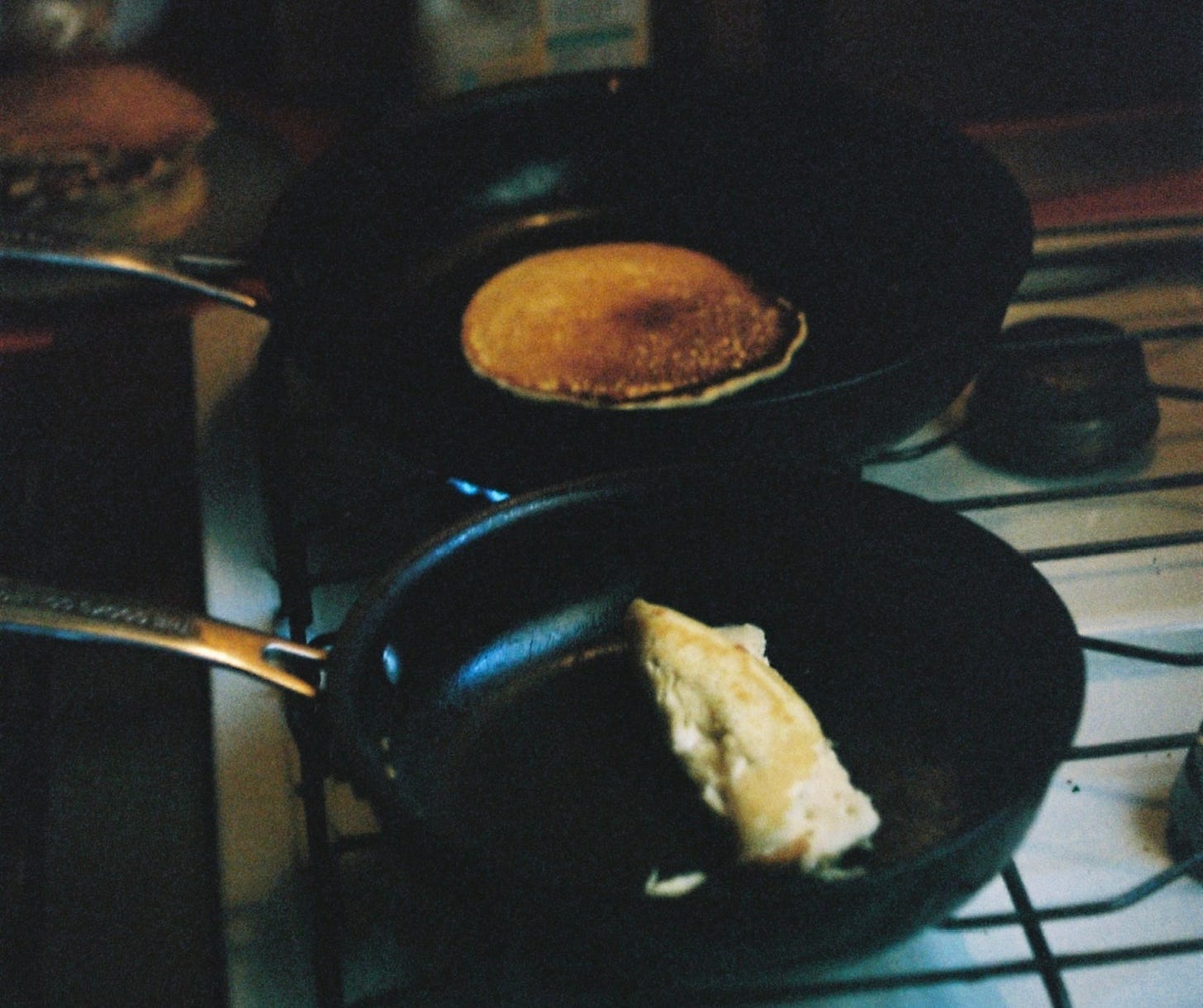A Mug of Insights is 100% a reader-supported newsletter. While you’re here, consider signing up for a paid subscription for $5/month, which will give you access to the 1-2-Read Newsletter with 2 weekly journaling prompts to strengthen your reading/writing skills. Subscribers will also get access to the full archive (posts are automatically archived after six months). Thank you for your contribution!
Some Housekeeping
I’m officially back after my dentist yanked those infected teeth out of my jaw. Thank you for your patience, and I’ve something exciting to announce as well!
If you are a big fan of this post:
Then you’re in luck. Over the past two months, my team at A Mug of Insights and I have been beta-testing and developing a digital Zettelkasten Notion template for you to organise your ideas effortlessly. It’s And now, the template is officially available for download here:
We’ve poured a lot of thought and energy into this project, and I sincerely hope that you will enjoy using this template as much as I enjoyed developing it for you.
But, for the time being, let’s get to this week’s story!
Yes. I have become a heretic in the cult of people returning to the “physical” because now I’ve replaced most of my reading with a Kindle. And before you put me under oath and send your hardcover prosecutors after me, allow me to argue my case.
This curious change of mind started when I read about the difference between dry and wet drinking cultures in Mark Forsyth’s book: A Short History of Drunkenness.
See, for Mr. Forsyth, dry cultures are quite uptight about their drinking. There are social conventions around when it’s ok to sip on a champagne, when it’s polite to split the G at a pub or when it’s encouraged to get hammered (hint: reserve your blackouts and 2 am Ubers for the weekends, please). And if anyone dares to play around with these conventions, at best, they’d get a few strange looks, and at worst, the day-drinker will be condemned to the most unpardonable literary category of all: amateur poets.
But in a wet culture, things are quite lax. I remembered how shocked I was when I found this older couple on the terrace sipping Prosecco at 10 am. They caught my eye and raised their glasses: “Where’s your drink?” they asked in French. I looked down at my Diet Coke and breakfast brioche and replied: “pardon, j'oublie que je suis à Paris.” Because, yes, these people are down to have a sip any day, any time, any minute, but they somehow still manage to finish work at 4 pm sharp before dashing down to the Seine for a dance.
In other words, dry cultures like to crawl through a sober week for a full-on weekend blowout, while wet cultures are ok with getting a little tipsy as long as there’s oxygen to breathe. And I suspect that there’s also a dry & wet culture in our reading habits as well.
I was certainly a dry reader. My role during the week is to work myself to death at University, run into a bookshop, hunt down the nicest edition of The Overstory and earn those 4 hours of reading on a Saturday morning. Reading became a sanctified ritual, and there was quite a lot of resistance to getting started. And even with those long stretches of weekly reading, I was still unsatisfied with my reading progress.
I felt stuck. I ruminated over every sentence and tried to suck the marrow out of every chapter because, if I’m so pressed for reading time, I better sqeeuze my brain as hard as possible, right? Wrong. After doing this weekend-crazy for a few years, dread started creeping up on me, and I dove head-first into a reading slump… but then something changed.
I went to the mountains last weekend with a few friends with the sole aim of digging myself out of my reading drought. “To hell with it”, I thought, “I’ll just read whatever I want whenever I feel like it”. Naturally, these thoughts turned into public complaints when the boys1 were trying to start the fireplace, and one of us, L, upon hearing my grievances, asked me if I ever considered getting a Kindle.
“This thing is great,” he brought his Kindle over and unlocked it for me, “and I always disable the page count on it so that I can dip in and out of this book during the week.” Then, snap, the fire swallowed up the kindling, and I’ve already added a stop to JB Hi-Fi on my drive back to pick up a Kindle.
I realised that I might’ve been going about this reading thing all wrong. Those weekend-crazy reading sessions, just like a shit-faced night in a dry culture, might be doing more harm than good.
If we give reading too much weight and reserve it for sanctified occasions, then it’ll paralyse us into adopting all kinds of absurd standards (the weather has to be perfect, the book has to feel right, and the beverage needs to be nice). But at the end of the day, reading is just what it is: comprehending words from a page, and nothing’s stopping you from dipping in and out on a train, when you’re having breakfast or for half an hour before bed, just like a cheeky glass of Prosecco in a wet culture.
So when in doubt, find a way to trivialise reading so that it becomes a timely companion in the face of boredom, not an imposing judge issuing you sentences.
Until Next Week
Robin
This mountain retreat commune consists of three couples. And whenever there was any dirty work that involved killing a spider, starting a fire or scrubbing the toilet, the boys remained the first ones to be summoned.




![[1-2-Read] How To Build A Bank of Ideas From Your Reading (expanded)](https://substackcdn.com/image/fetch/$s_!HcAj!,w_140,h_140,c_fill,f_auto,q_auto:good,fl_progressive:steep,g_auto/https%3A%2F%2Fsubstack-post-media.s3.amazonaws.com%2Fpublic%2Fimages%2F15ee29bf-456c-4c83-b640-4037e943c1a0_1920x1080.jpeg)



This is basically the core principle of habit building: you want to build consistency. In other word, it should feel easy and ingrains into your life.
I've recently taken taking a French out to 7 years of leaving it aside to study English (which is worth it because I am now an English teacher), and this time everything feels so much easier because from my language teaching experience, I know that building consistency was all I needed to do. I didn't wait for the perfect day, I didn't wait until I had hours of free time to sit down and grind. I just did whatever I feel like in the moment, as long as it helps me learn a bit more of French: reading graded readers, doing a Duolingo lesson, chatting in French with ChatGPT (had it set up to correct my mistakes and come up with different topics to talk to me like a friend would). Now, I can confidently say I am at B1 level, which means I can pretty much read and understand a fair bit of the language and use it to hold a long conversation with a native (this I did during a recent trip to a coastal city in my home country, where I ran into a French tourist)
My point is, it's not that you should not make a serious effort or have a dedicated session for something even when you can. It's just that the "perfect conditions", as you can probably imply already, do not come by frequently, said if you keep waiting you will never be able to build the level of consistency needed to make whatever it is you are trying to do a habit.
Thank you for the post! I feel like reading some French now 😄
"If we give reading too much weight and reserve it for sanctified occasions, then it’ll paralyse us into adopting all kinds of absurd standards (the weather has to be perfect, the book has to feel right, and the beverage needs to be nice). But at the end of the day, reading is just what it is: comprehending words from a page"
This is really good. I learned this lesson out of necessity when I was working on two simultaneous MAs and I just had to read on the L and between appointments and on lunch breaks. When people were 15 min late to meet me I'd almost kiss them because they gave me extra time to read what I needed. But somehow I've fallen into the sanctified occasions habit for fiction. I only read it when things are perfect and it sucks. I can and do still read non-fiction all the time and wherever but I need to have a break through on fiction.
Thanks for this!